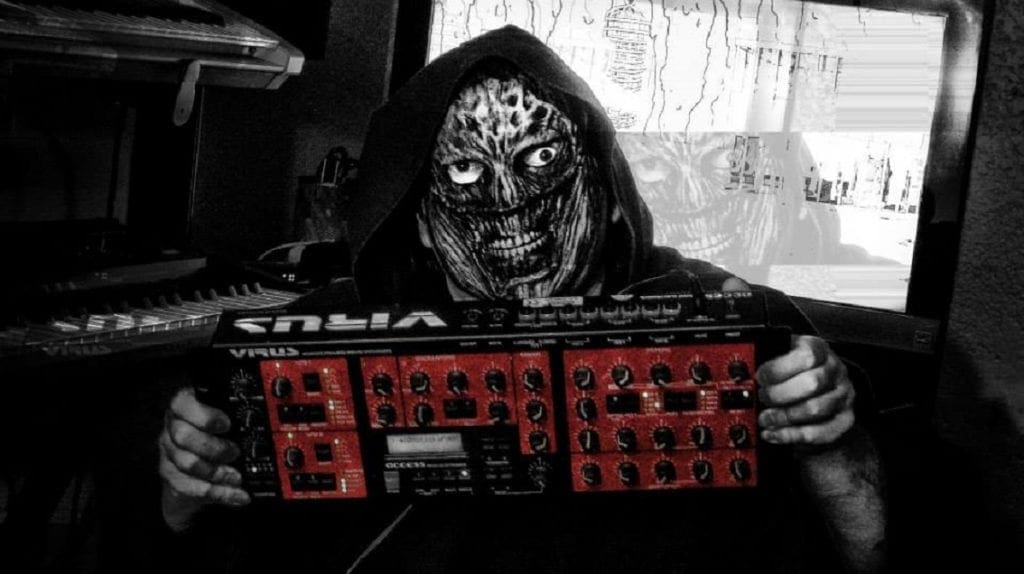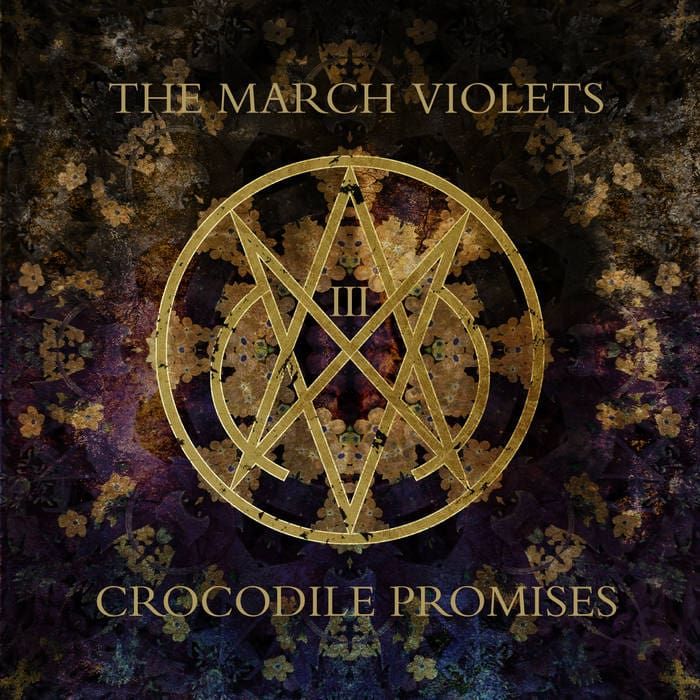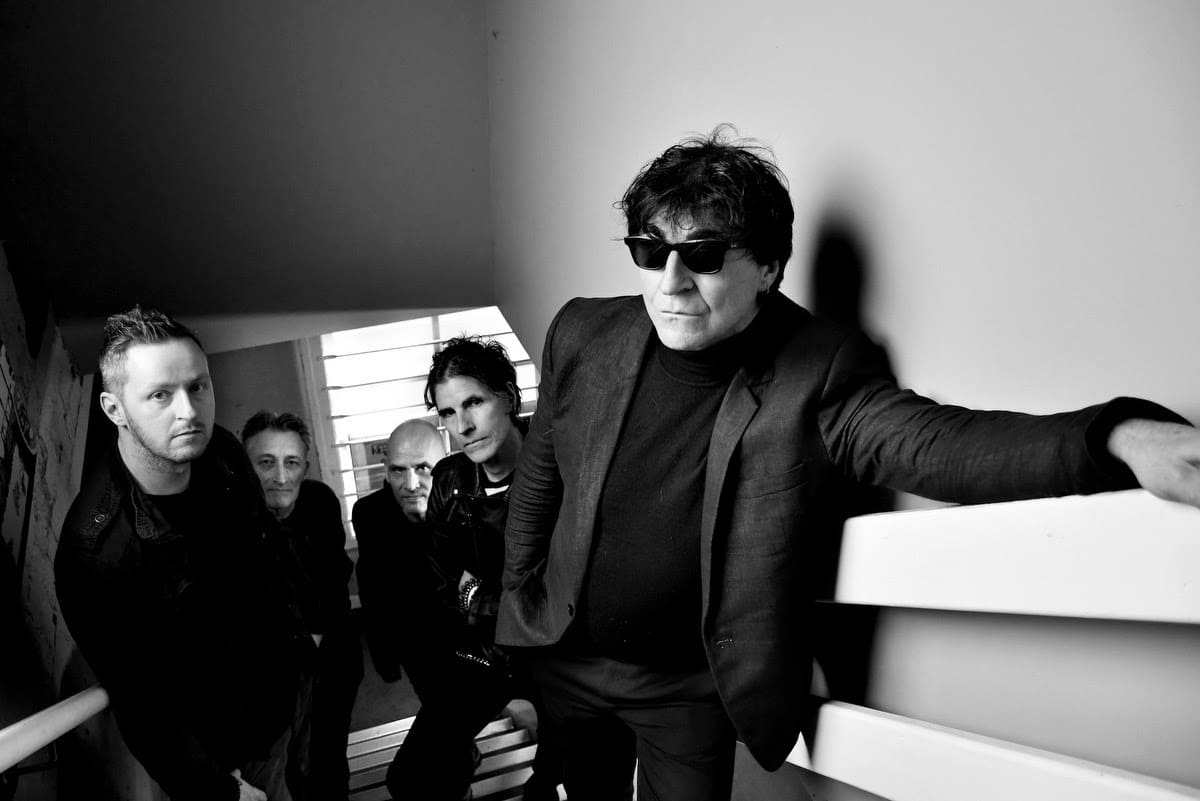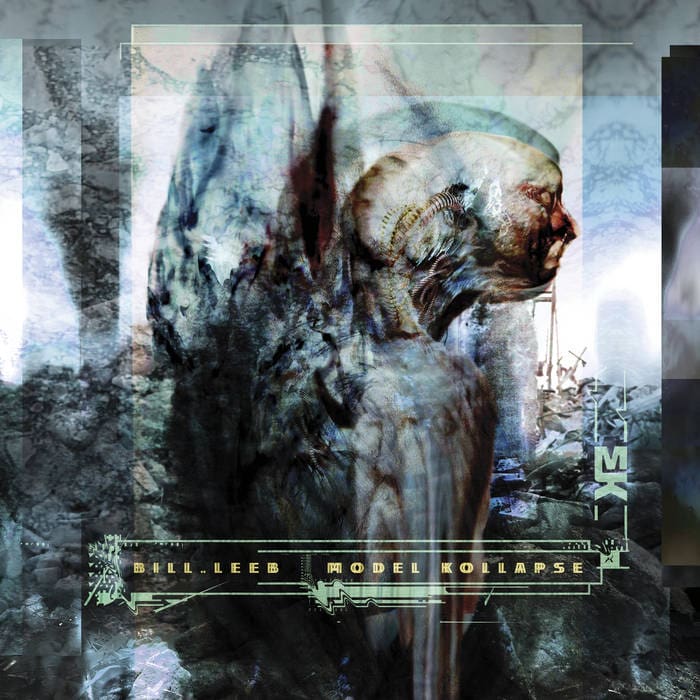‘Click Interview’ with Velvet Acid Christ: ‘I Think Wumpscut Is Simply The Best Industrial Musician Who Ever Made Music’


We’ve to go back on the late 80s to get the origins of this American phenomenon: Velvet Acid Christ. Bryan Erickson remained the only member at board, but the ‘popularity’ of the project only increased. Albums such as “Calling Ov The Dead”, “Fun With Knives” and “Hex Angel / Utopia – Dystopia” became referential albums revealing a sophisticated dark-electronic approach mixed with numerous other influences. Bryan Erickson is now back again, “Ora Oblivionis” (Metropolis Records) becoming the newest artistic creation of the artists’ genius.
(Courtesy by Inferno Sound Diaries)
Q: “Ora Oblivionis” is your first new full length album since “Dire Land” (2015). Was it a kind of intentional break or maybe a case of writer’s block? And when did you finally begin the writing of this new opus?
Bryan: Funny you ask. We released “Dire Land”-remix album, a ‘Greatest Hits”-album and the “Wrack”-single. So these things kind of got in the way plus touring a lot over the last 4 years. The album has been done for a while, but the release scheduled was hard plus I worked on the remaster of “Fun with Knives” as well. THIS IS A LOT OF WORK. Velvet Acid Christ typically releases an LP every 3 years. It’s been our time frame for a long time.
Q: You’re been involved with music for more than 30 years, how much of the younger Bryan Erickson do you still recognize in “Ora Oblivionis”? What have been the main changes/evolutions in your artistic development?
Bryan: I don’t think this is a younger me album. In fact I think it’s a lot different from our older albums; we have Spanish, German and English-sung songs on the album. The lyrics are shorter and more to the point, less long ranting. And the songs kind a hit faster with less intros and outros.
Q: “Ora Oblivionis” seems to be inspired by self-destruction. Can you give us more details about the theme and a possible link with personal experiences in life?
Bryan: It’s about the self-destruction of America and the whole word. NOT MINE.
Q: Sound-wise I experienced “Ora Oblivionis” as
your most diversified work to date; a mix of danceable songs and more
evasive/ambient parts. Tell us a bit more about this diversity and also about
one specific song entitled “Conjuro”, which made me say Velvet Acid Christ has
composed it’s “Pistolero”-song (Juno Reactor)?
Bryan: Well, I played classical guitar as a kid. So it was a homage to my past
in a way. The diversity comes from 4 years and 4 song writing cycles, the album
is more like 4 singles. rather than say an album. We write singles now, no
albums. Metropolis still wants to release them as LP’s, another reason why it
takes longer now.
Q: The “Deluxe Version” of the album is an interesting release as it
features early Velvet Acid Christ-songs, which have been reworked. Tell us a
bit more about it ?
Bryan: The old songs were the first Velvet Acid Christ songs ever written; it is album 0. It’s very strange to release this. It was our weakest music I think, but it shows our roots.
Q: I noticed a post at your Facebook page affirming Wumpscut‘s “Embryo Dead” is your favorite industrial album. What makes this album that special and do you feel concerned and/or close with new bands and releases?
Bryan: I love so many Wumpscut albums. In fact, Wumpscut and Snog were like my brothers. I see those guys like my family, and we were all vibing the same kind of darkness at the same time. Wumspscut was who I measured myself as an artist against, and I will say it out loud: ‘I think Wumpsut is simply the best industrial musician who ever made music. A shame he is out of the music business, he is missed.’
Since you’re here …
… we have a small favour to ask. More people are reading Side-Line Magazine than ever but advertising revenues across the media are falling fast. Unlike many news organisations, we haven’t put up a paywall – we want to keep our journalism as open as we can - and we refuse to add annoying advertising. So you can see why we need to ask for your help.
Side-Line’s independent journalism takes a lot of time, money and hard work to produce. But we do it because we want to push the artists we like and who are equally fighting to survive.
If everyone who reads our reporting, who likes it, helps fund it, our future would be much more secure. For as little as 5 US$, you can support Side-Line Magazine – and it only takes a minute. Thank you.
The donations are safely powered by Paypal.









